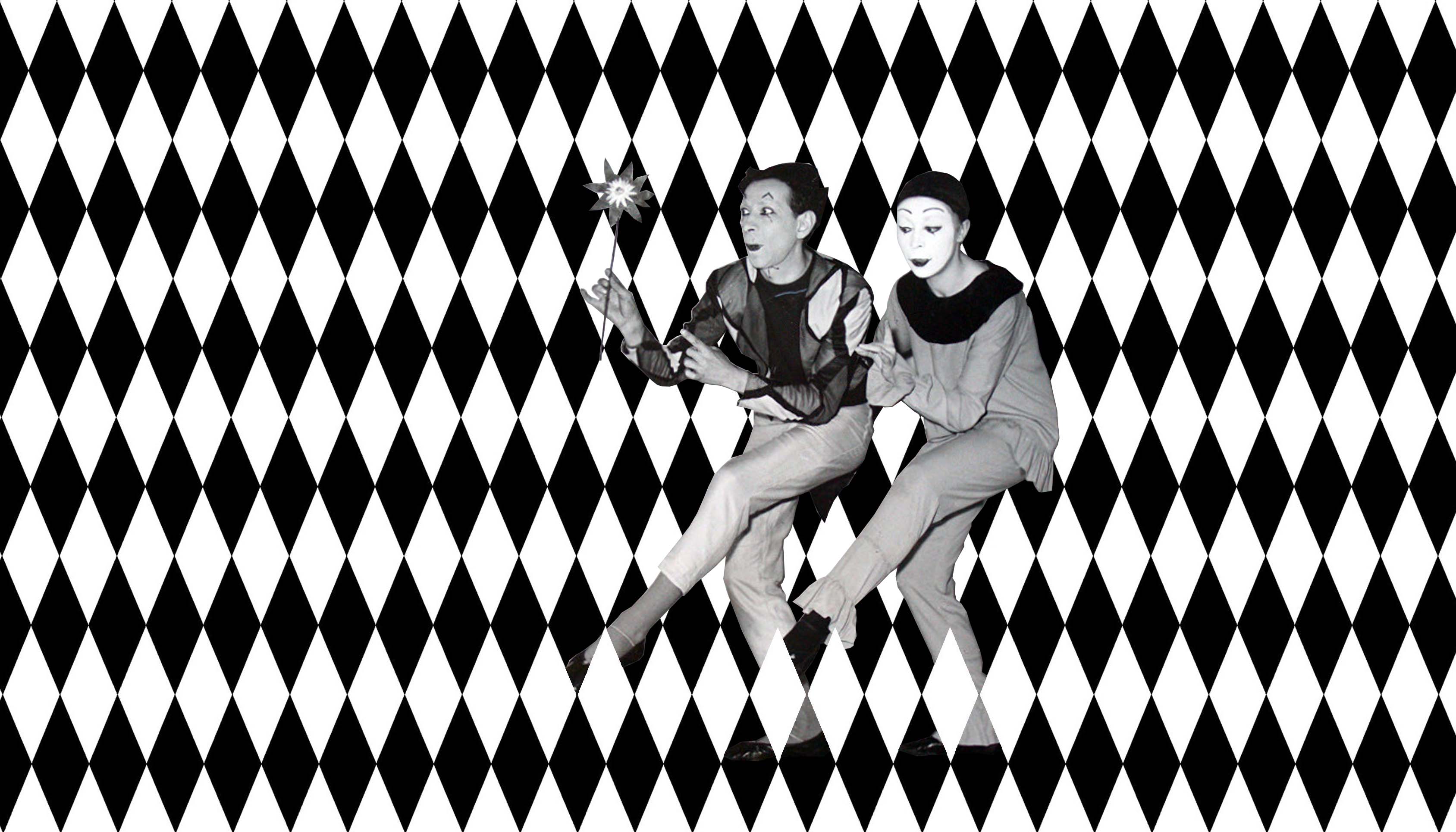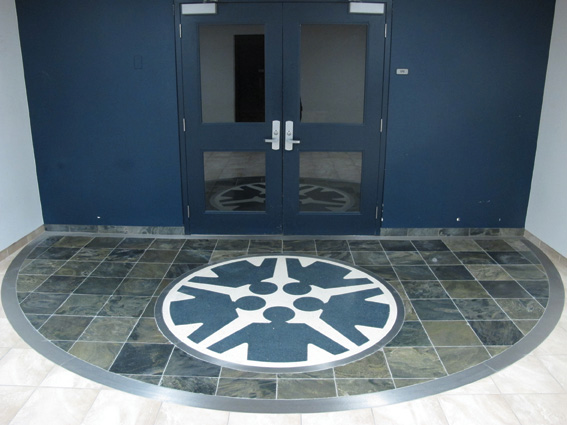The University of Manitoba Adaptive Services Community (ASC) is working to provide better support for students living with disabilities on campus.
The student group, formerly known as the Students Living with Disabilities, is headed by Gabriel Pelletier and aims to provide a more reliable support system for students living with disabilities.
The student group met on Oct. 26 to discuss plans to forward the group’s goals.
Pelletier said that in his first year of university, he noticed a lack of support for students living with disabilities.
“I found that there was a student group for everything, but there wasn’t one for students living with disabilities. [ . . . ] I saw that as a gap that needed to be filled,” he said.
He noted that although Disability Services provides exam rooms, the university lacked a more community-oriented support system.
Discussions at meetings held throughout last year recognized the need for an awareness campaign as well as a safe space, said Pelletier. The group was granted a room following UMSU elections last year, which became ready for use this October.
Pelletier said the room’s priority is to be a comfortable space for individuals, and secondly, a community space.
“There needs to be a safe space on campus. [ . . . ] If there’s a student that needs it, maybe it’s an anxiety attack or they need to take their insulin shot; it can be a variety of little things,” he said.
Pelletier and members of the student group are now focusing on advertising the space in addition to raising awareness.
The group plans to start promoting the room through UMSU, Disability Services and Peers.
“It’s important that we definitely start communicating that the room is out there,” said Pelletier. “I think it’s been put off too long already.”
Members of the group feel that the room will motivate students living with disabilities to come together.
“I think we need to build a larger sense of community, [ . . . ] getting together, meeting each other, seeing each other’s faces and saying ‘hi’ in the hallways,” said Kylee Regier, a psychology student and member of the group.
Regier said many people do not realize that learning disabilities as well as mental illnesses can also be classified as disabilities and pose serious difficulties for some students.
Members also noted the importance of language that puts the person before the disability.
“It’s semantics, but it does colour how people think,” said Stacey Traynor, a social work student and a new member of ASC.
Pelletier said that Canada has been at the forefront of adopting more sensitive language.
“People-first language has definitely taken hold in Canada and the U.S., but not so much in European countries,” said Pelletier, who pointed out the importance of emphasizing that there are not disabled people, but rather people living with disabilities.
The group would like to see some events planned this year, especially around Disability Awareness Week in the spring, in order to get more students actively involved.
Pelletier said he is thankful for UMSU, who have been willing to sponsor the group and their needs. He noted that the Arts Student Body Council provided funding for the start of the awareness campaign.
Pelletier said he has composed a plan for an awareness campaign, which was submitted through UMSU’s campaign and government relations committee for their consideration.
“It’s hard to motivate students, but I think UMSU can help with that goal,” said Pelletier.
He hopes to form a working committee with UMSU, as well as with representatives from Disability Services and people within the community in order to evaluate the services around accessibility on campus.
One of the long term priorities of the group is to provide equality of access to technology on campus, which would include increasing the amount of adaptive technologies and study areas for students living with disabilities.
“There are definitely some priorities that are going to take a while to achieve,” Pelletier said. He also hopes to see the group as a fully-funded UMSU service in the long run.
Members of the group also noted that there are even professors and instructors at the U of M living with a disability.
“It’s important to let people know that it’s not just that person over there living with a disability, it’s your classmates, it’s your instructors, it’s the guy behind the till,” said Traynor.
ASC’s new room is located in 102-O University Center. The UMSU office will soon have information on how to access the room.




